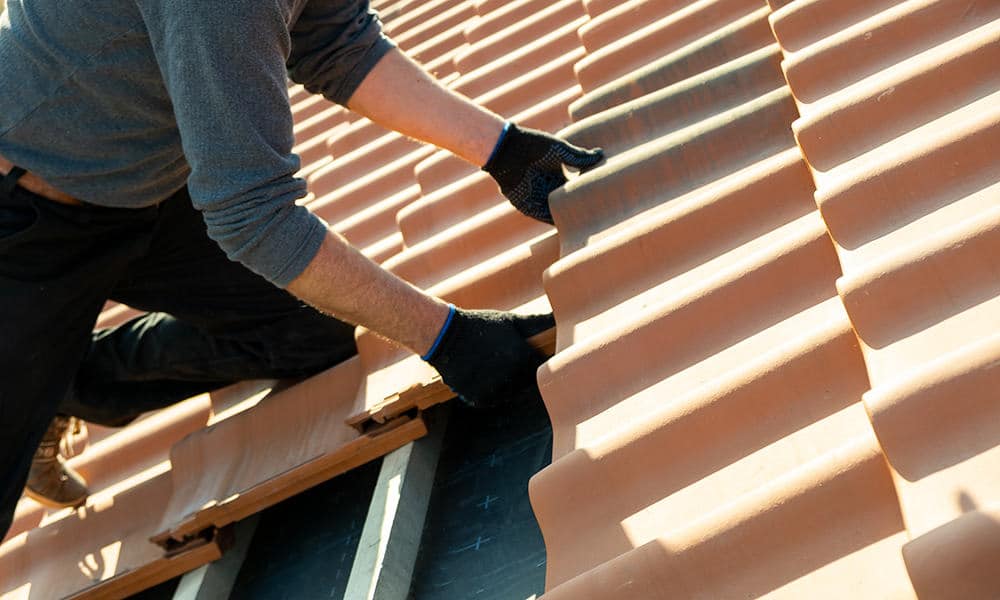Durable roofs play a crucial role in maintaining a home’s temperature, providing comfort and energy efficiency. A well-constructed and resilient roof not only shields the home from the elements but also contributes to the overall thermal regulation of the interior. This blog explores the various ways durable roofs impact home temperature, emphasizing the benefits of investing in high-quality roofing materials and professional installation.
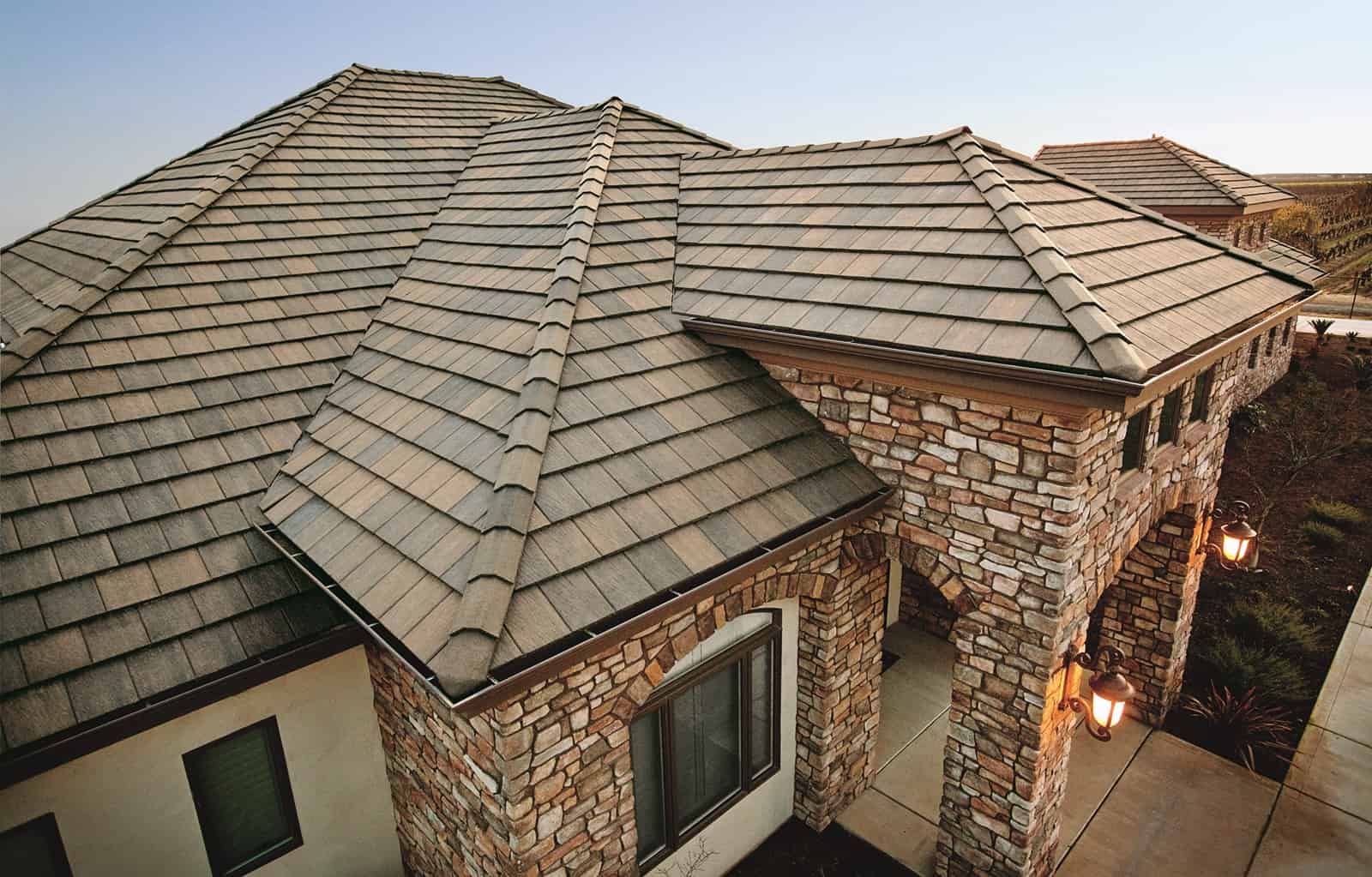
Why Durable Roofs Matter
Enhanced Insulation and Energy Efficiency
Durable roofs often come with enhanced insulation properties that help maintain a consistent indoor temperature. Quality roofing materials such as metal, tile, and high-grade shingles provide excellent thermal resistance, reducing the amount of heat that enters during the summer and retains warmth during the winter. This insulation reduces the reliance on heating and cooling systems, leading to lower energy bills.
- Energy Savings: Homes with durable roofs experience lower energy consumption due to the reduced need for heating and cooling.
- Comfort: A well-insulated roof ensures a more stable and comfortable indoor climate throughout the year.
- Environmental Impact: Lower energy usage translates to a reduced carbon footprint, making durable roofs an eco-friendly choice.
Resistance to Weather Extremes
Florida’s climate can be harsh, with intense sun, heavy rains, and occasional hurricanes. Durable roofs are designed to withstand these conditions, preventing damage that could lead to heat leaks or drafts.
- Sun Protection: High-quality roofs reflect more sunlight, preventing excessive heat buildup.
- Water Resistance: Effective roofing materials prevent water penetration, which can cause insulation deterioration and temperature fluctuations.
- Storm Durability: Durable roofs provide superior protection against storm damage, maintaining the home’s integrity and thermal performance.
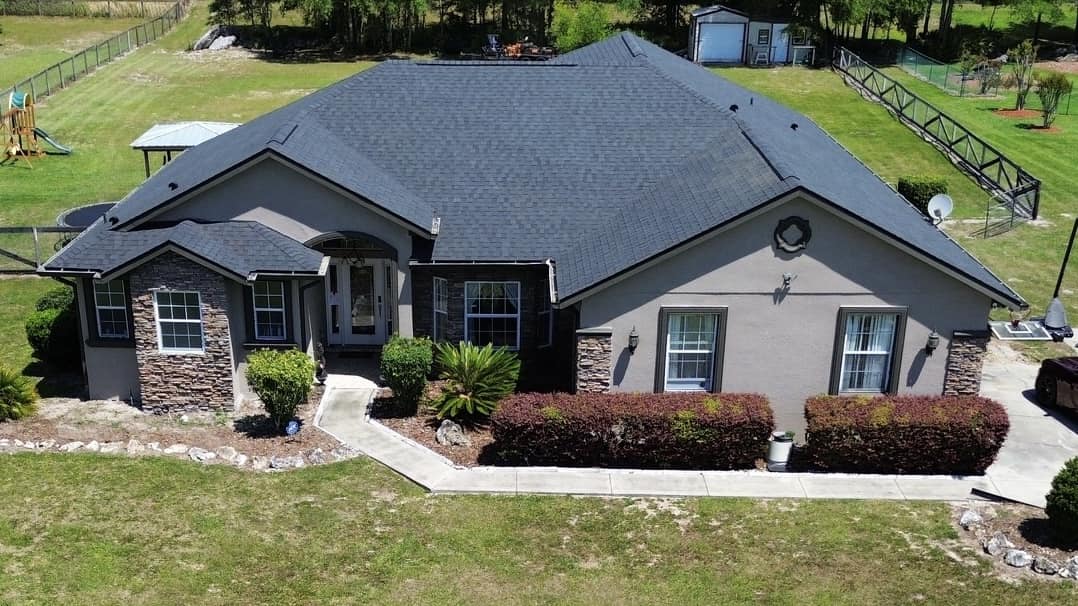
Types of Durable Roofing Materials
Metal Roofing
Metal roofs are known for their durability and energy efficiency. They reflect solar heat, reducing cooling costs, and provide excellent protection against harsh weather conditions.
- Reflectivity: Metal roofs can reflect a significant portion of the sun’s rays.
- Longevity: With proper maintenance, metal roofs can last up to 50 years or more.
- Recyclability: Metal roofs are eco-friendly as they can be recycled at the end of their lifespan.
Tile Roofing
Tile roofs, particularly clay and concrete tiles, offer durability and thermal benefits. They provide natural ventilation under the tiles, which helps in regulating indoor temperatures.
- Thermal Mass: Tiles absorb and slowly release heat, maintaining a balanced indoor climate.
- Aesthetic Appeal: Tile roofs enhance the visual appeal of a home while providing functional benefits.
- Longevity: Tile roofs can last 50-100 years with minimal maintenance.
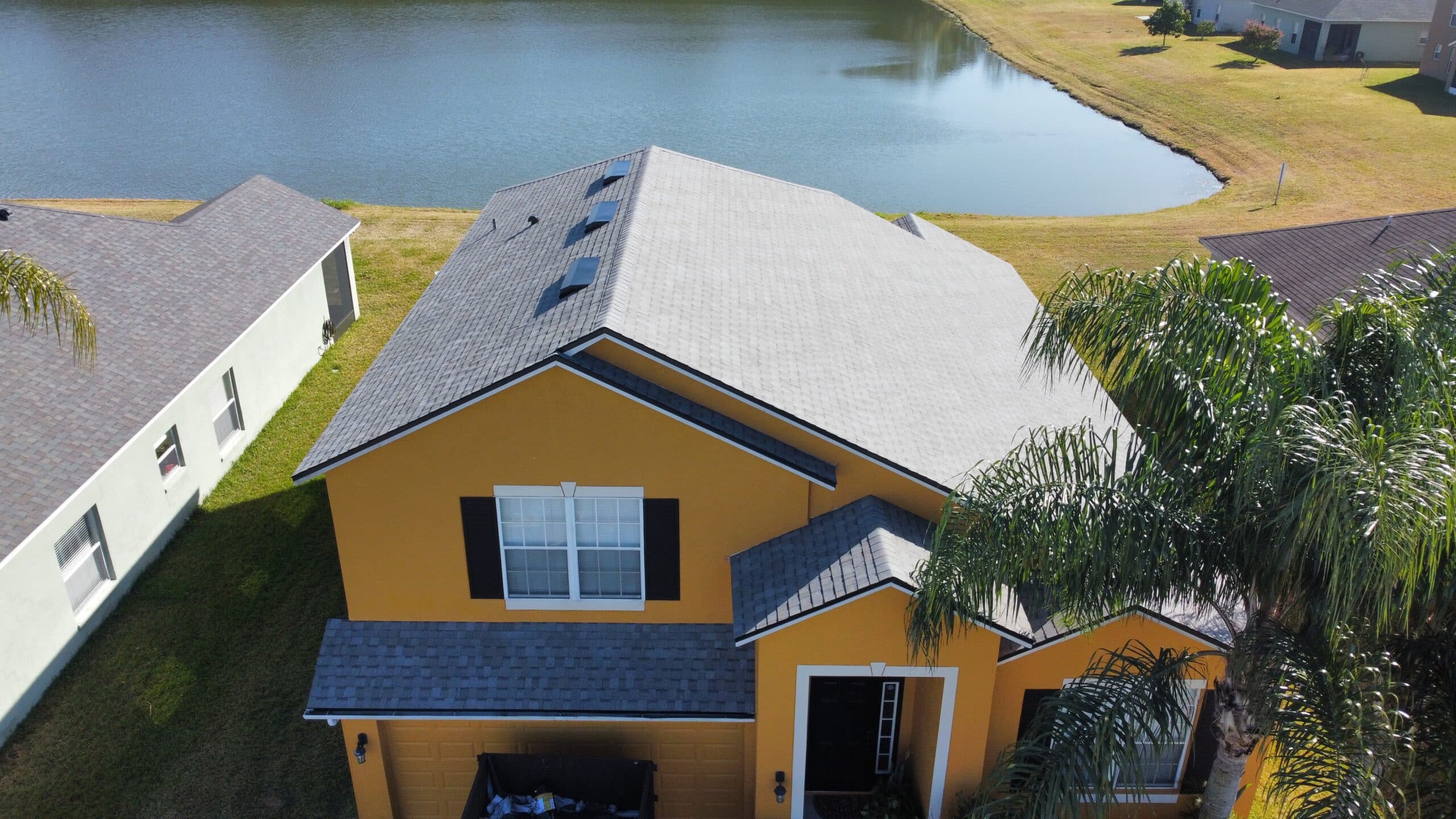
Shingle Roofing
High-quality asphalt shingles are a popular choice due to their cost-effectiveness and durability. Modern shingles come with improved reflective properties and better weather resistance.
- Variety: Available in various colors and styles to match any home design.
- Durability: High-quality shingles can last 20-30 years, depending on maintenance and weather conditions.
- Ease of Installation: Shingles are easier to install and replace compared to other materials.
The Role of Proper Installation and Maintenance
Professional Installation
Ensuring that a durable roof is installed correctly is vital for maximizing its benefits. Professional roofing contractors, like PRS Roofing, provide expert installation services that guarantee the roof’s performance and longevity.
- Expertise: Skilled contractors understand the intricacies of different roofing materials and installation techniques.
- Safety: Professional installation reduces the risk of accidents and ensures compliance with local building codes.
- Warranty: Many professional installations come with warranties that cover materials and workmanship.
Regular Maintenance
Regular maintenance is essential to keep a durable roof in optimal condition. Inspections and minor repairs can prevent significant issues and extend the roof’s lifespan.
- Inspections: Schedule regular roof inspections to identify and address potential problems early.
- Cleaning: Keep the roof free of debris, moss, and algae to maintain its reflective properties and structural integrity.
- Repairs: Promptly repair any damage, such as leaks or missing shingles, to prevent further deterioration.
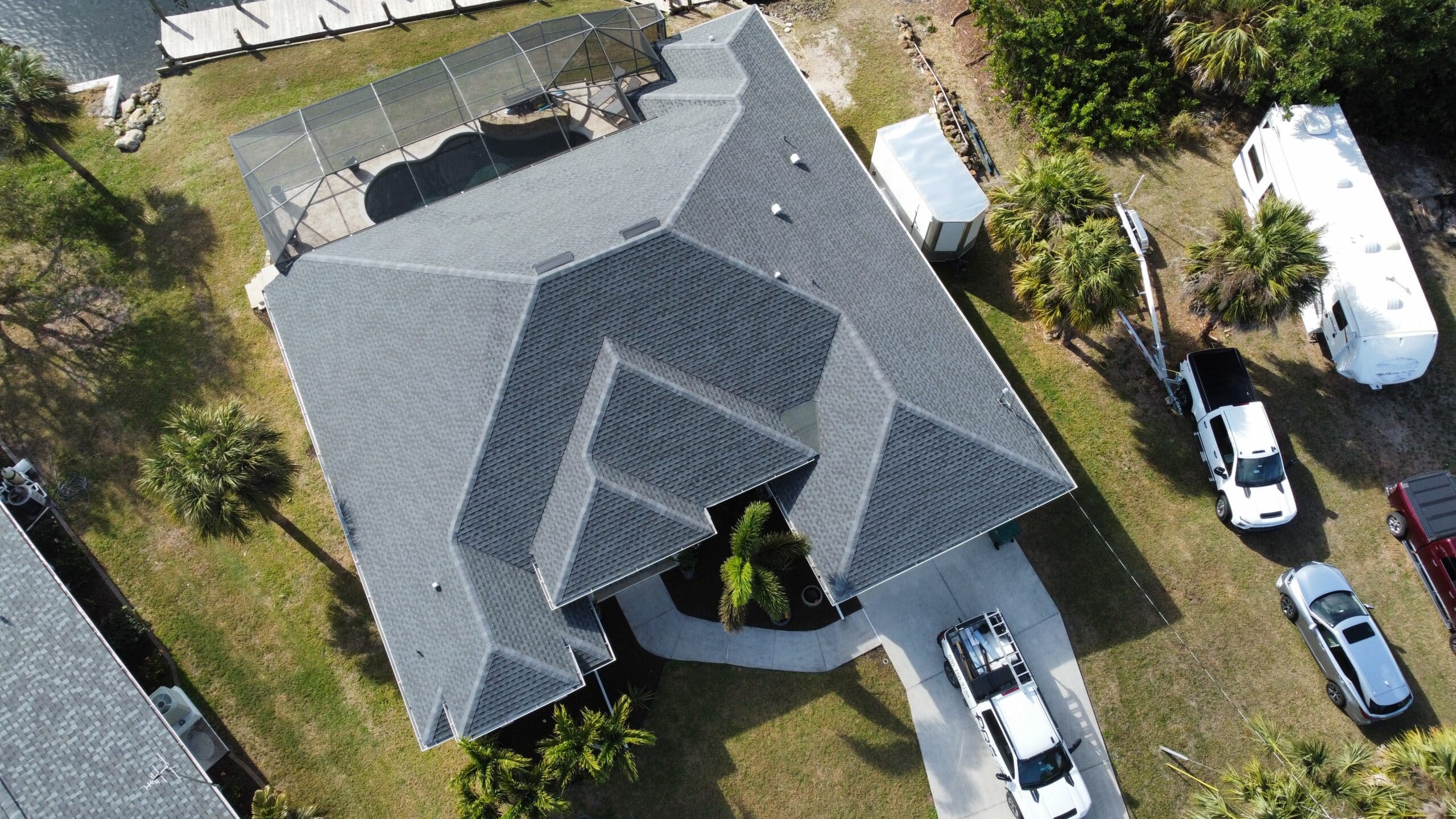
Benefits of a Durable Roof
Improved Home Value
A durable roof enhances the overall value of a home. Prospective buyers often prioritize homes with well-maintained, high-quality roofs due to the long-term benefits they offer.
- Curb Appeal: A durable roof improves the home’s exterior appearance, making it more attractive to buyers.
- Longevity: Buyers value homes with roofs that have a long lifespan, reducing future maintenance costs.
- Energy Efficiency: Energy-efficient roofs are a selling point for eco-conscious buyers.
Enhanced Comfort and Health
Maintaining a consistent indoor temperature is crucial for comfort and health. Durable roofs contribute significantly to this by providing effective insulation and protection against the elements.
- Stable Indoor Climate: Reduces temperature fluctuations, providing a comfortable living environment.
- Moisture Control: Prevents mold and mildew growth, which can be harmful to health.
- Noise Reduction: Durable roofs often provide better sound insulation, reducing external noise.
FAQs about Durable Roofs
What are the most durable roofing materials?
The most durable roofing materials include metal, tile, and high-quality asphalt shingles. These materials offer excellent longevity, weather resistance, and energy efficiency.
How often should I inspect my roof?
It is recommended to inspect your roof at least twice a year, in the spring and fall, and after major weather events. Regular inspections help identify and address potential issues early.
Can a durable roof help reduce energy bills?
Yes, a durable roof with good insulation and reflective properties can significantly reduce heating and cooling costs by maintaining a stable indoor temperature.
What are the signs that my roof needs repair or replacement?
Signs that your roof may need repair or replacement include missing or damaged shingles, water leaks, sagging, and excessive granules in gutters. Regular inspections can help identify these issues early.
How long does a durable roof last?
The lifespan of a durable roof depends on the material used and maintenance practices. Metal roofs can last 50 years or more, tile roofs can last 50-100 years, and high-quality asphalt shingles can last 20-30 years.
Why is professional installation important for durable roofs?
Professional installation ensures that the roof is installed correctly, maximizing its performance and longevity. It also ensures compliance with local building codes and reduces the risk of accidents.
Investing in a durable roof is a wise decision that offers long-term benefits for homeowners. From improved energy efficiency and comfort to enhanced home value and protection against the elements, durable roofs play a vital role in maintaining a healthy and comfortable living environment. Trust in professional roofing services like PRS Roofing to provide high-quality installation and maintenance, ensuring your roof performs at its best for years to come.
